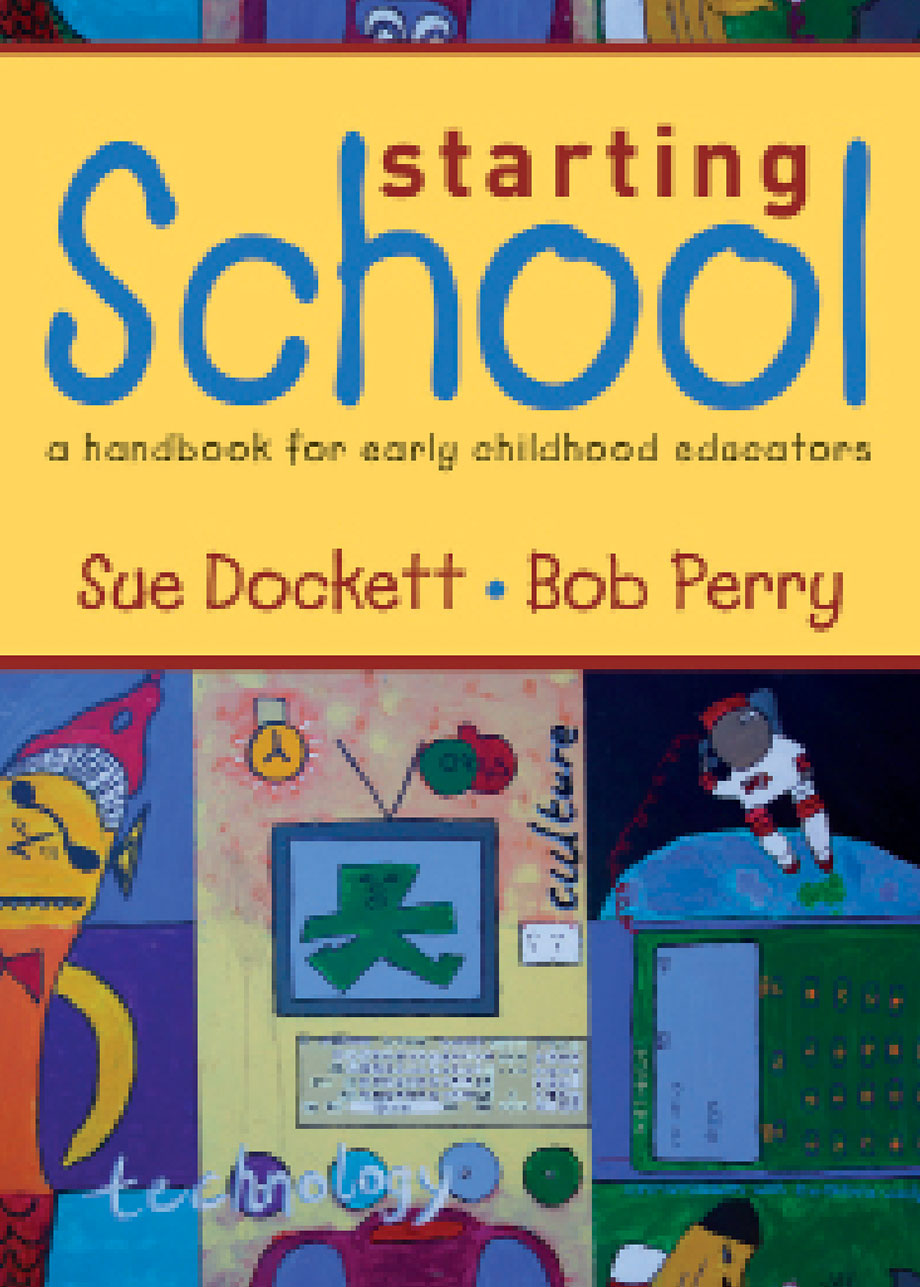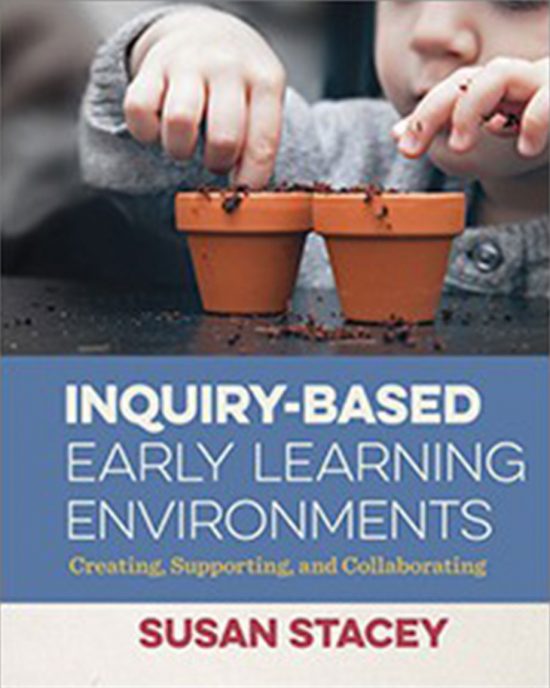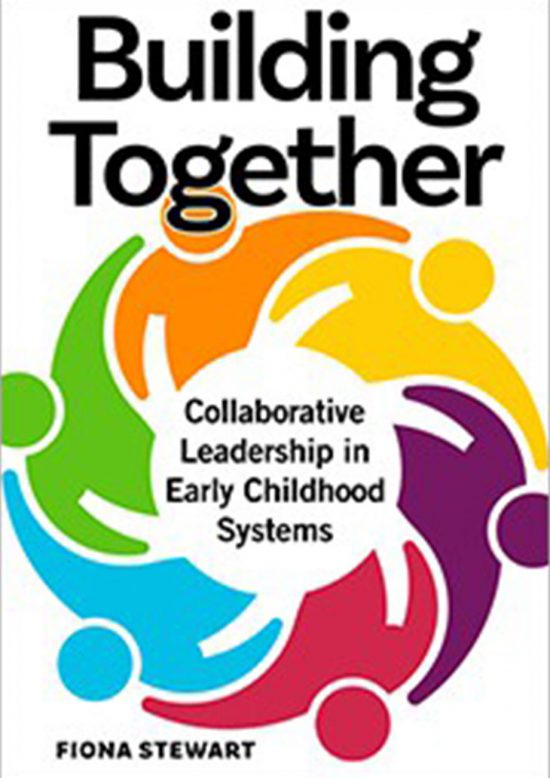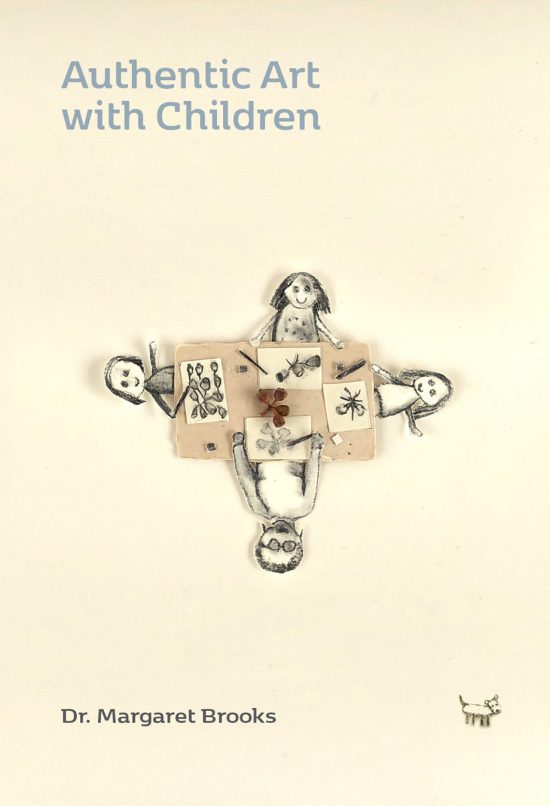Starting School
Sue Dockett and Bob Perry
224 PagesPages • P/B
ISBN 9781876138246
Positive Approaches for Early Childhood Educators
Starting School, and the companion volume for families, Our Family is Starting School, emphasises the importance of relationships and of people working together. The authors believe that families, educators and communities working together for the benefit of children is a particularly positive way to encourage children to feel special, as if they belong within a community, and develop an eagerness to engage with school and education.
This book is organised into five sections. The first section highlights the importance of a positive start to school and introduces the Guidelines for Effective Transition to School Programs developed with the aid of research from the Starting School Research Project, which is based at the University of Western Sydney, Australia. This section also introduces two of the contentious issues related to starting school: readiness and age. It asks who or what it is that needs to be ready and suggests that some of the focus on starting school age could be more productively redirected to ensuring that schools are the best possible learning environments for all children who are eligible.
The next three sections of the book are about planning transition programs. In each section there are some specific examples of practice that support the development, implementation and evaluation of effective transition programs.
The final section of the book is brief but significant. It is titled ‘Beyond Transition’ and signifies that while the transition to school is important, so too is what happens at school. Educators, families, children, other professionals and community members are encouraged to continually engage in discussions about teaching and learning, about pedagogy and practice within early education settings-be they prior-to-school or school settings.
Contents
Chapter 1 Starting school
Chapter 2 The importance of a positive start to school transition programs
Chapter 3 An ecological model
Chapter 4 Thinking about readiness
Chapter 5 Relationships
Chapter 6 Planning transitions: people
Chapter 7 Planning transitions: processes
Chapter 8 Establish collaborative teams
Chapter 9 Identify a transition coordinator
Chapter 10 Facilitate regular meetings and assess current practices in transition
Chapter 11 Setting goals
Chapter 12 Generate ideas for transition activities
Chapter 13 Create a transition timeline
Chapter 14 Identify issues or concerns
Chapter 15 Revise ideas and timelines
Chapter 16 Implement transition practices
Chapter 17 Assess, evaluate and revise
Chapter 18 Planning transitions: structures
Chapter 19 Beyond transition
$49.95 (incl GST)




